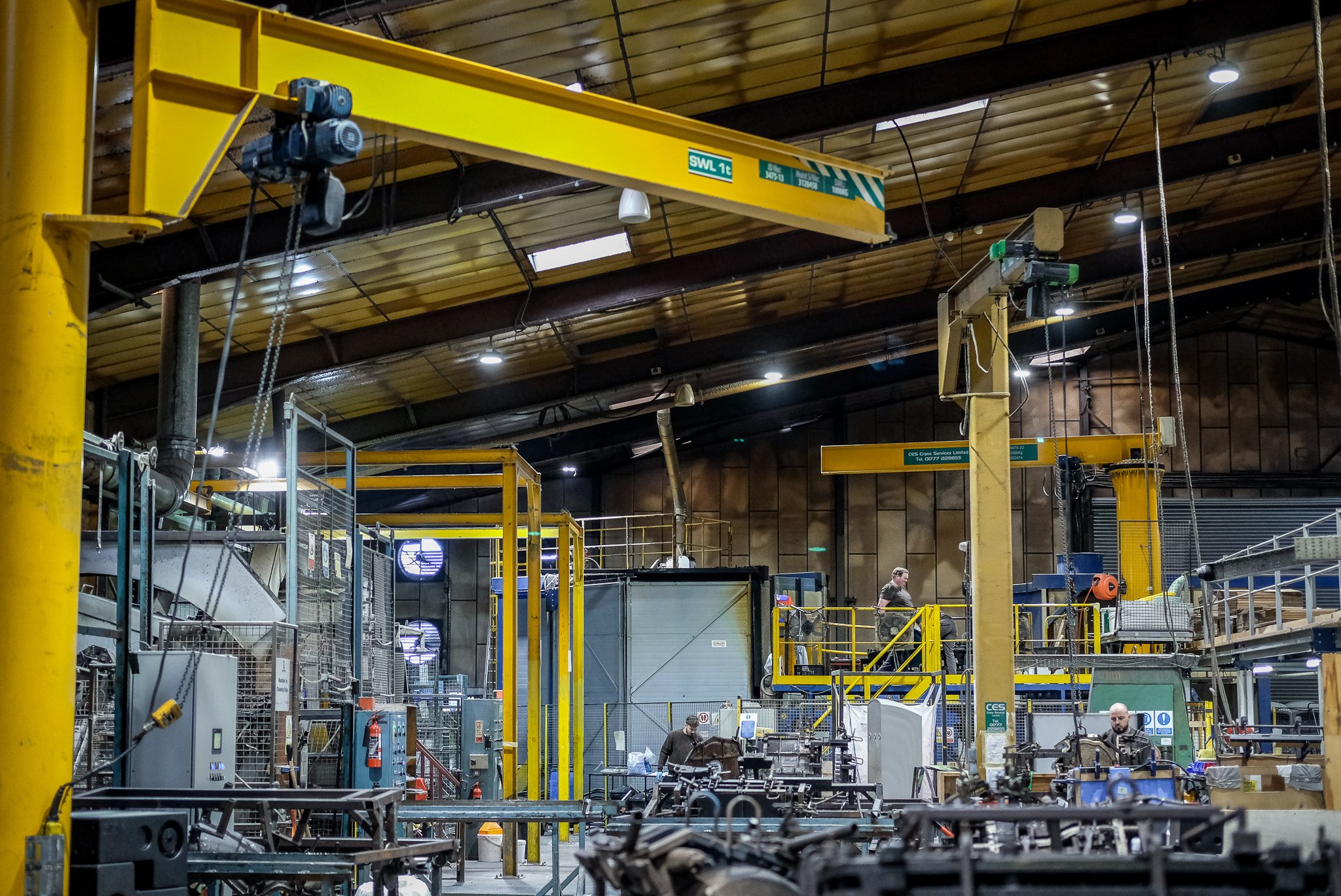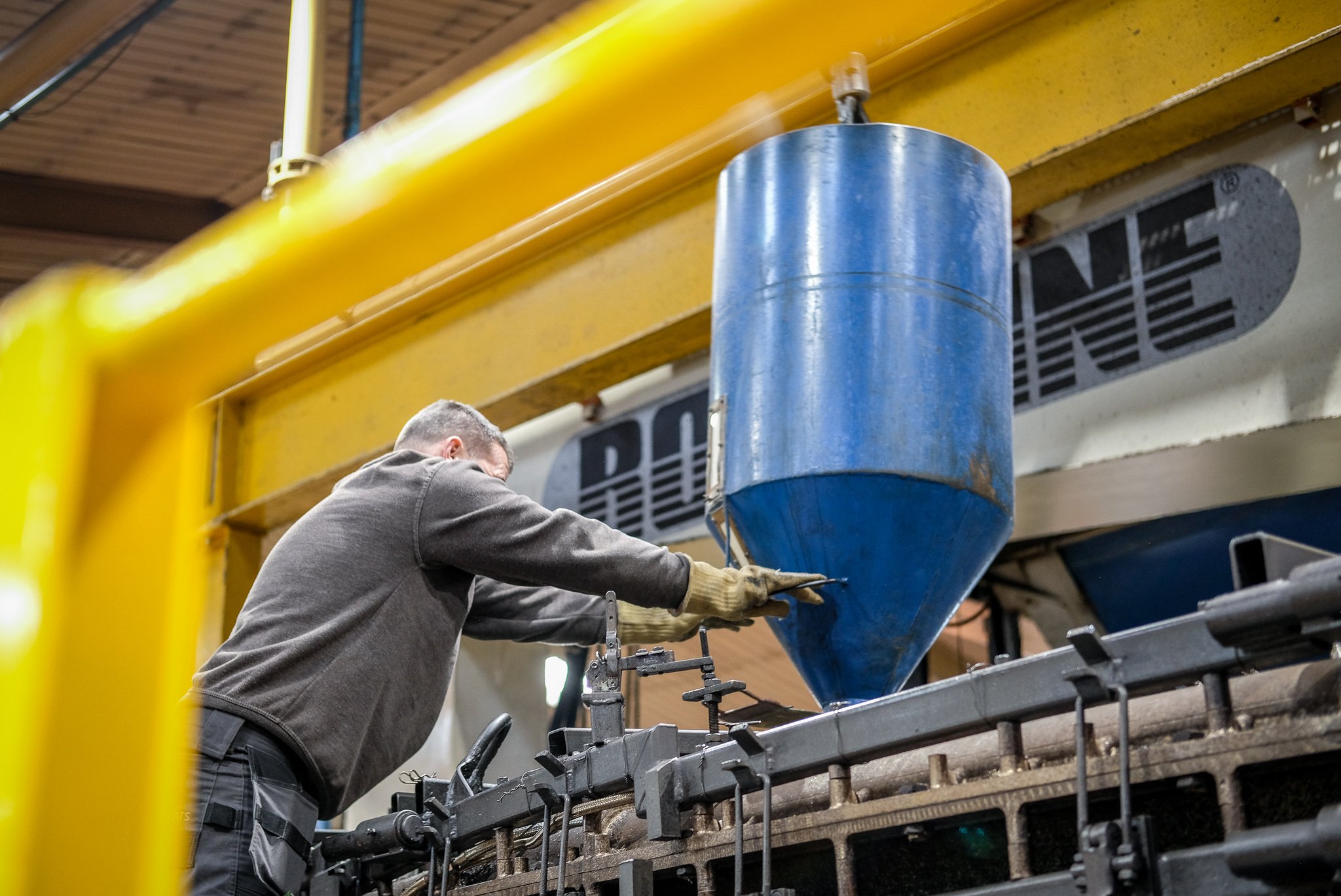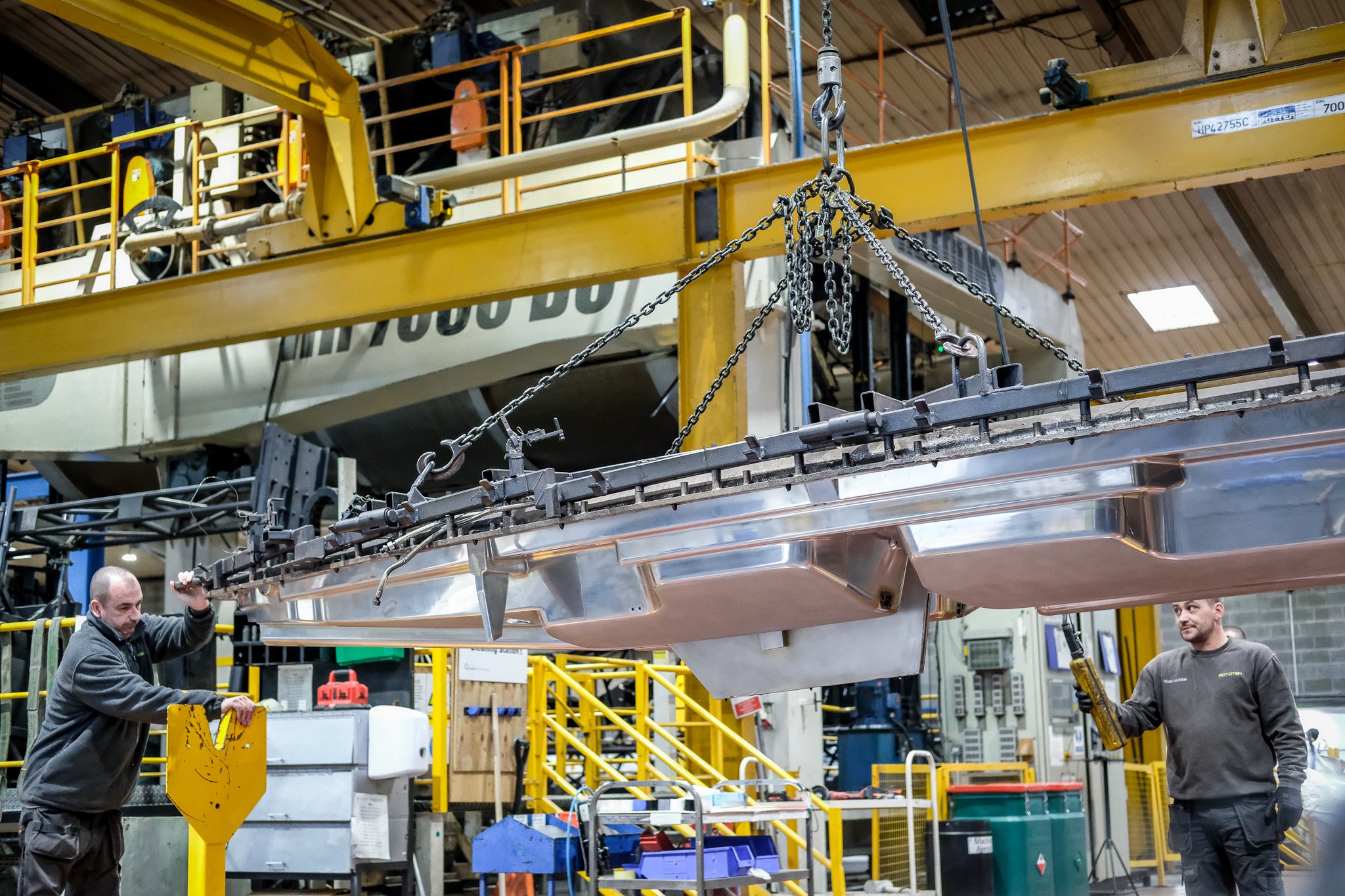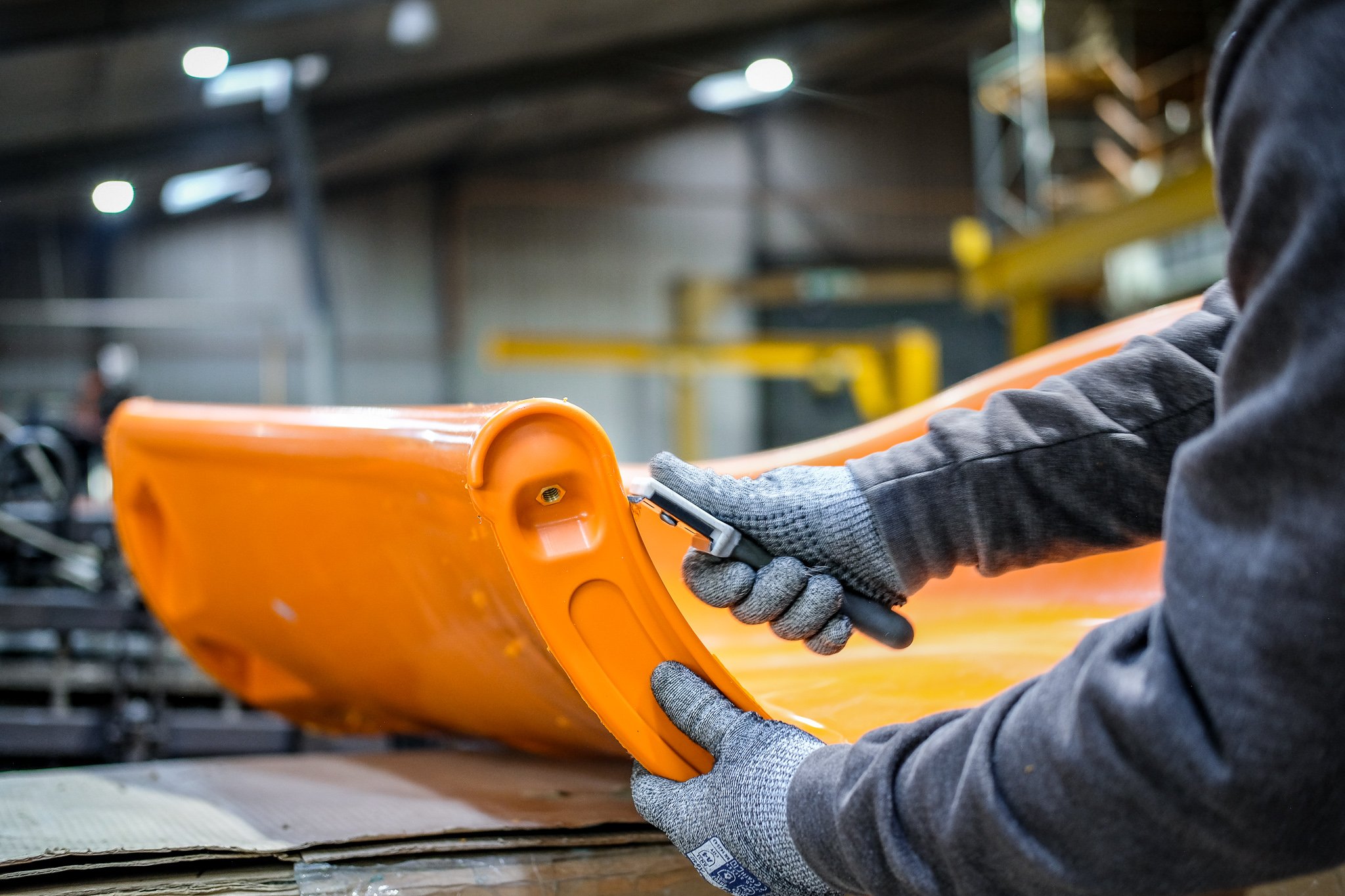
The Future of Rotational Moulding
Introduction to the Future of Rotational Moulding
Rotational moulding is a highly versatile manufacturing process that is used to create hollow, durable plastic products with efficiency and precision. It’s an industry that is continually evolving, with advancements in automation, materials and sustainability all shaping the future of rotational moulding.
At Rototek, we are committed to innovation and sustainable rotational moulding solutions. We continue to explore recyclable materials, cutting-edge technologies, and more energy-efficient processes. Read on to learn more about what the exciting future of rotational moulding could entail…
Technological Advancements in Rotational Moulding
Our industry is ever-evolving, with technological advancements in rotational moulding enhancing precision, efficiency and sustainability. Innovations such as smart sensors, automation and advanced mould materials are revolutionising the manufacturing process, giving greater consistency and control during production. 3D printing and computer-aided design (CAD) are vital in speeding up product development, enabling more complex designs and quicker prototyping.
One of the most significant new developments is the integration of real-time monitoring and data analytics. Manufacturers can fine-tune the moulding process using smart pressure and temperature sensors to optimise product strength and reduce waste. Automated mould handling systems, meanwhile, minimise the need for manual intervention, improving efficiency and safety and reducing turnaround times.

Benefits of Sustainable Manufacturing
Sustainable manufacturing in rotomoulding focuses on lowering energy consumption, reducing waste, and having the capability to use recycled materials to create high-quality plastic products while minimising environmental impact compared to other production methods. By choosing more energy-efficient production techniques, bio-based resins and recyclable polymers, manufacturers can work to reduce their carbon footprint while maintaining high levels of durability and performance.
A focus on sustainability can reduce plastic waste. By using recyclable materials and optimising material usage to avoid waste, manufacturers can significantly reduce the amount of plastic that enters landfills. What’s more, advancements in energy-efficient roto moulding technologies help lower emissions by reducing the amount of energy and heat needed during production.
Sustainable manufacturing can also offer economic benefits. Waste reduction and more energy-efficient processes lead to lower production costs, making sustainability a good financial choice for manufacturers. Furthermore, the demand for more responsible products is increasing: manufacturers who adopt sustainable practices can give themselves an edge over their competitors.

Rototek's Commitment to Sustainability
At Rototek, we are dedicated to leading the way in sustainable rotational moulding. We aim to reduce environmental impact while maintaining our commitment to efficiency and quality. By embracing recycled and bio-based polymers, reducing excess material usage and optimising our moulding techniques, we are actively working towards a greener future for the plastics industry.
We are constantly exploring new ways to ensure that our advanced moulding systems operate with reduced energy consumption and stay up-to-date on the latest technological advancements in rotational moulding to explore how we can further enhance our commitment to sustainability.
Future Trends in Rotational Moulding
It is likely that the future of rotational moulding will continue to build upon many of the developments already underway. Smart manufacturing will continue to grow, with real-time data monitoring, artificial intelligence (AI), and automation being further developed to reduce material waste, ensure precise temperature control, and maximise efficiency, resulting in higher-quality products with shorter production cycles.
In addition to the continued shift towards more sustainable rotational moulding materials, the industry is likely to adopt more circular economy principles, such as closed-loop recycling systems, as regulations around plastic waste become more stringent.
New moulding technologies are also emerging. Innovations like 3D printing for speedy prototyping, multi-layered moulding to improve product strength, and composite material integration pave the way for more potent, lighter, and versatile moulded products.

Conclusion
The future of rotational moulding is an exciting one, with many current and emerging developments in materials, technologies, processes, and waste management all combining to reduce production cycles, improve quality, and reduce waste. As these technologies continue to advance, Rototek remains at the forefront, embracing innovation to deliver cutting-edge, sustainable, and high-quality rotational moulding solutions.
To discover how we can help with your next rotational moulding project, contact us.
